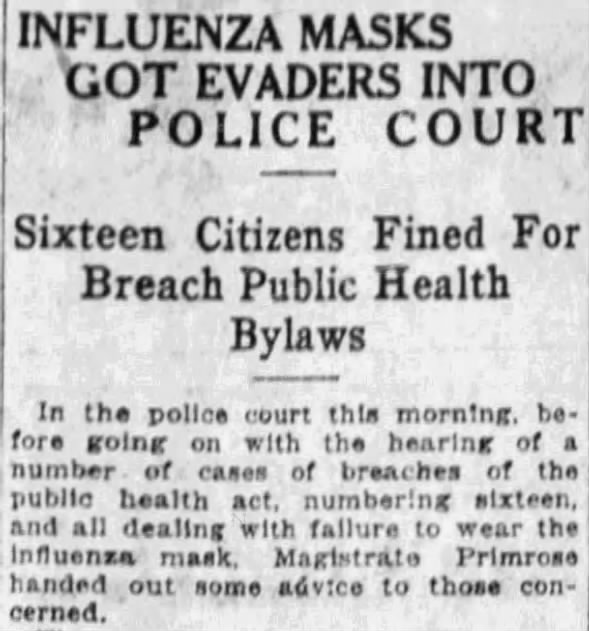Miscellaneous items I found of interest during the week.
A new addition to the @UBCPress's Studies in Canadian Military History series argues that the disposal of munitions and supplies was integral to the making of postwar Canada. www.ubcpress.ca/war-junk/ .
Will all the ventilators now being built become pandemic junk?
Not Close-up but Personal with the Hubble Space Telescope
This is a panoramic view from the Hubble Space Telescope taken on an important date in 1999, that "captures an iridescent tapestry of star birth, filled with glowing gas, dark dust clouds, and young, hot stars. The star-forming region, cataloged as N11B, lies in a nearby galaxy, the Large Magellanic Cloud."
The new Hubble tool can be found here.
Home Child Orphans
A rant. It was mentioned in the Ancestry Extra session on Tuesday that only 10% of home children were orphans. What's the source for that? Is it a genealogical myth? Remember, dictionaries, like Mirriam Webster, define an orphan as "a child deprived by death of one or usually both parents." Is there an implication that if the parents were living the work of the agencies that cared for the child was not justified? Should children of parents who could not or would not care for their offspring not be eligible for care by charitable organizations in the same way as orphans?
Ancestry Extra Sessions
Finding Susan: Exploring Chinese genealogy with Ancestry on Tuesday 21 April 21 at 1 pm EDT
Ancestry Canada Advisory Board member and genealogist Linda Yip will be sharing her tips and tricks for uncovering your Chinese genealogy on Ancestry
Ancestry Answered with ProGenealogy on Thursday 23 April at 12 pm EDT
A live Q&A with a member of the Ancestry ProGenealogists team, as they discuss all things family history, and answer your burning genealogy questions.
Join these sessions on the Ancestry Canada Facebook Page (https://www.facebook.com/AncestryCA/)
TheGenealogist Free First Steps Package Upgraded
No card details, no subscription, completely free for researchers and now with 1891, 1901 and 1911 censuses of England and Wales, a package for beginning a family history discovery at www.thegenealogist.co.uk/first-steps/.
I don't know if this is the truth?
I do know the mandatory wearing of masks was in force in 1918 in Alberta.
 Edmonton Journal 14 Nov 1918 Thu, Nov 14, 1918 – 8 · Edmonton Journal (Edmonton, Alberta, Canada) · Newspapers.com
Edmonton Journal 14 Nov 1918 Thu, Nov 14, 1918 – 8 · Edmonton Journal (Edmonton, Alberta, Canada) · Newspapers.comThanks to this week's contributors
Anonymous, Barbara T, BT, Don, Irene Robillard, Jenna Bruno, John Cordes, Kenneth R Marks, Nick Thorne, Sophronia, Unknown



3 comments:
Re: Home Child Orphan rant
In my grandmother's case, she first lost her mother, and a couple of years later her father, although at the time of his death she had a step-mother, but I would fully consider her an orphan. Her step-mother, a month away from delivery of her first child, was not in a situation of being able to care for any of her young stepchildren. Surviving grandparents did not have the means to care for these children. So, the alternative to being cared for at Quarriers, might have been abandonment? I would consider that situation sufficient to describe her as an orphan.
Thanks John for featuring my son Alex's new book, War Junk, which came out this week. He is absolutely thrilled about it as am I. Hope all is well with you and all your readers. jane
Like most memes, the item about people bringing on the second wave of the 1918-1919 flu epidemic by celebrating the end of the war in crowds is simplistic and inaccurate.
The second wave of the epidemic occurred before the war ended, from September to November of 1918, with deaths peaking in October. The third wave of the epidemic came in early 1919, and may have been aided by the demobilized soldiers returning home.
I have particular reason to remember that third wave. My great-aunt Dorothy Saunders née Griffiths, age 28 and thus in the demographic of people hardest hit by the flu (ages 20 to 40) died in Wolverhampton, Staffordshire in February 1919. She had been married only six months. Her husband, who had served in the war, was home, because my grandmother remembered her sister struggling to speak to her husband as she died.
Post a Comment